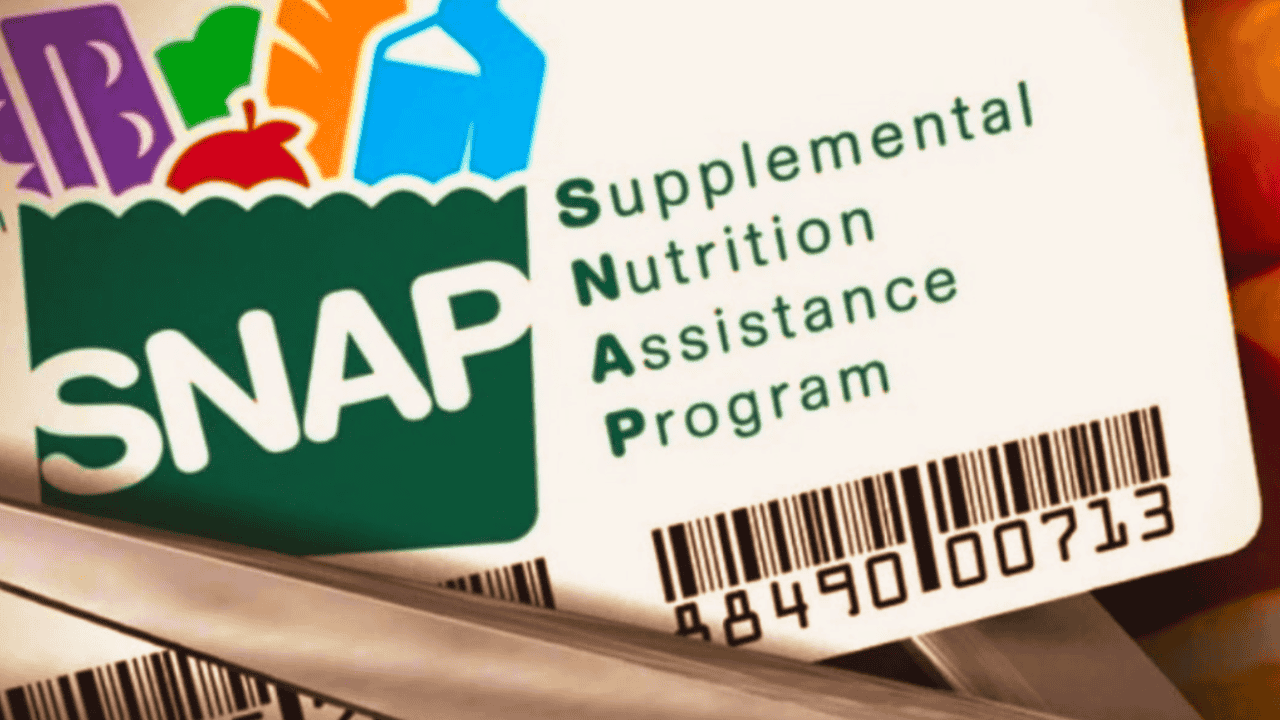Thousands of Social Security recipients have recently received troubling letters from the Social Security Administration (SSA), warning of potential 50% cuts to their monthly payments. The reason? Overpayment notices—alerts informing recipients that they’ve received more benefits than they were eligible for. While this situation can cause panic, there are clear, actionable steps you can take to avoid or reduce these cuts.
From understanding why overpayments happen, to knowing your rights and options when responding to these letters, this guide breaks it all down. Whether the overpayment was due to a mistake by SSA or a change in your income, you don’t have to accept a 50% reduction without exploring your options. Acting quickly can not only protect your income but also help you regain control of the situation.
Avoiding a 50% Cut in Social Security Payments After an Overpayment Notice

If you’ve recently received a letter from the SSA warning of a 50% cut in your Social Security payments, it’s not just you. The agency has been sending out thousands of overpayment notices as it works to recover billions in funds it says were paid out in error. While this news can be frustrating or even overwhelming, it’s important to know that you still have time—and options—to avoid this significant reduction in your monthly income.
Why Overpayments Happen
Overpayments occur when SSA pays out more than what you were legally eligible to receive. This can happen for a variety of reasons, such as changes in your income, your marital or disability status, or even administrative errors made by the agency itself. Despite who made the mistake, federal law requires SSA to recover the extra funds. Between 2015 and 2022, nearly $72 billion in improper payments were made, with $23 billion still unrecovered by the end of 2023.
Understanding the 50% Rule
Previously, SSA could take back 100% of your future checks until the overpayment was fully repaid. That rate was lowered to 10% under the Biden administration. However, due to a policy set during President Trump’s term, the SSA is now operating with a 50% recovery rate for many cases. This means if you owe money back to SSA, half of your monthly benefits could be withheld starting from your next payment.
The SSA began issuing these updated notices from April 25. If you got one, you were likely given 90 days to respond. While that deadline may technically fall around July 24, the actual reduction might not show up until your August payment, depending on how quickly SSA processes your case.
What You Can Do to Prevent or Reduce the Cut
The most important thing is to respond quickly. Ignoring the notice could lead to automatic withholding of 50% of your benefits. Here’s what you can do:
1. Request Reconsideration
If you believe the overpayment is incorrect or based on false information, you can challenge the decision. You’ll need to submit a Request for Reconsideration form and provide any evidence that supports your case.
2. Apply for a Waiver
If the overpayment wasn’t your fault and paying it back would cause you serious financial hardship, you can ask SSA to forgive the debt. To do this, you’ll need to submit a Waiver Request, along with detailed information about your financial situation—like income, bills, and monthly expenses.
3. Ask to Lower the Recovery Rate
If you accept that the overpayment is correct but can’t afford to lose half your monthly income, there’s a middle path. You can request a Change in Overpayment Recovery Rate to reduce how much is withheld each month.
Important Notes to Keep in Mind
- How to Submit Forms: Whether you’re filing a reconsideration, waiver, or asking for a reduced rate, your request must be submitted by fax, mail, or in person at your local Social Security office. You cannot submit these requests online.
- Timing Matters: Even though the general deadline mentioned in the notice may be around July 24, each case varies. But don’t wait—responding as early as possible increases your chances of resolving the matter favorably.
- Need Help? Reaching out to a professional, such as a certified National Social Security Advisor (NSSA), can provide valuable guidance tailored to your case.









